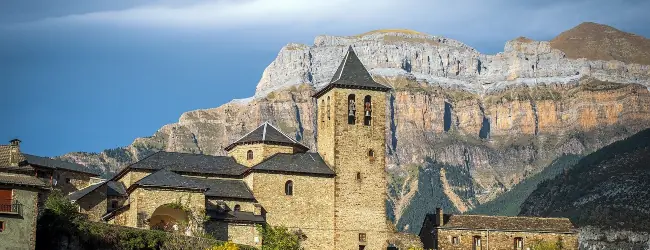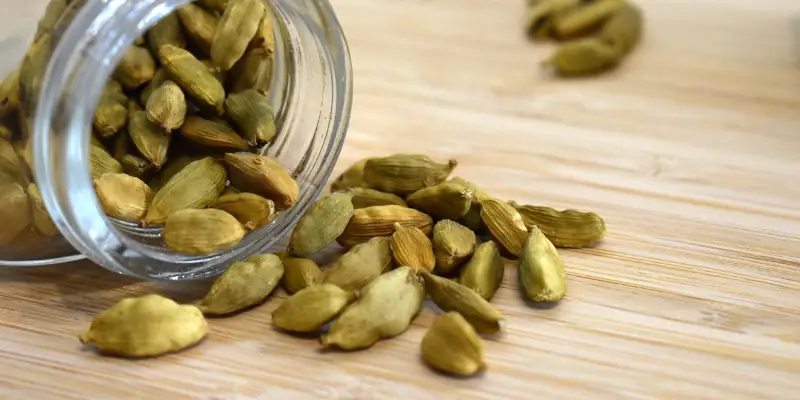Happy New Year! I created another story. I will talk about it today.
How to overcome our bad situations
Sometimes, we have times when it does not work, no matter how much we struggle. That often makes us despair and lose our way of life.
In such times, this story might help us.
I title this story “The Alchemist of the Grain.” I hope this story encourages you.
The blessing of the god of life
Please listen to me as a fairy tale.
Once upon a time, there was a small village. People there lived with the blessing of the god of life.
Every day or every week, the god of life gave each person something individual. The god of life blessed someone: “I will give you milk. Share that with people and live well.” To someone: “I will give you wheat. Share that with people and live well.” or “I will give you clothes. Share that with people and live well.” Everyone received something different.

The god of life gave the same thing to the same person and never changed throughout his lifetime. Some were proud when the god gave them something convenient, such as milk or wheat. Some cried and complained to the god when the god gave them something inconvenient, such as ropes or nets. However, the blessing never changed, no matter how people cried or complained.
People lived by exchanging the blessings they got. People judged human value by their kind of blessing.
A young man and his grains
There was a young man in that village. He had just come of age.
His blessing from the god of life was grain. The god gave him that with the words, “I will give you this grain. Share that with people and live well.”
He was troubled because nobody, including himself, knew what that grain was. Although the god had said it was grain, it was too terrible to eat.
To make matters worse, it had poison. When he ate that grain, he could not get out of bed for a few days due to its poison, even a single grain. Everyone who ate that grain felt sick, even a tiny bit, no matter how healthy they were.
That made him the poorest person in the village because he could not exchange that grain. He tried to find out how to cook, grow, or use the grain, but all failed.

He had to work hard to live. He got only a cup of milk and a small piece of bread, even though he worked hard from early morning to late night. He became thin and lived in a shabby hut.
However, he never complained to the god of life. He was the one who adored the god of life the most in the village. He knew that complaining to the gods would do nothing. In addition, he wanted to know the will of the gods. That kept him trying to find out how to use that grain.
The wisdom of alchemy
That was the reason he wanted the wisdom of alchemy. There was wisdom that the god of life once gave people in the long past. The god of life told people, “I will give you these three wisdoms. Share that with people and live well.” People left that wisdom as a book of alchemy. Every shrine in his village had a copy.
He remembered hearing it as a fairy tale, so he visited a shrine and read it. However, it was enough to discourage him.
There were just three lines in the book of alchemy.
- Rewrite the law of causality.
- Your inner mind shapes the outside world.
- Trust in the gods.
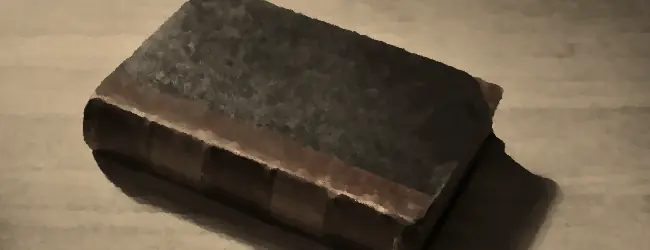
He realized why people treat it as a fairy tale. They seemed useless.
The first wisdom was “Rewrite the law of causality.” Causality means the relationship between cause and effect. However, he knew that there were many cases where nobody could change it. For example, the rain makes the river. Nobody could change that to be reversed. Nobody could also turn coal back into wood. Nobody could turn bread back into wheat. That gave him doubt.
The second wisdom was “Your inner mind shapes the outside world.” He noticed that there was a contradiction. What will happen if some wish for a fine day tomorrow and some wish for rain?
He also tried to turn his grains into gold. He prayed and imagined the picture that grains turn into gold or some other valuable things all day. Of course, it all failed.
The last wisdom was “Trust in the gods.” He also felt a contradiction. He was the one who adored the gods, especially the god of life, and did not complain to the gods the most in his village. However, he was the poorest person.
Starting the research
Despite these doubts, he was determined to try that alchemy because several saints, called alchemists, had seemed to succeed in mastering it in the past. He knew them as legends.
In addition, there were no other options for him. He had tried all the other ways he could. His daily hard work exhausted his body. On top of that, the winter was coming. He understood that if he failed to find out how to use his grains until this winter, he would die due to the cold of the winter.

He stopped working, bought equipment with little savings, and started research to turn his grains into something valuable. He began to try to find out how to change causality because he did not even get a hint of ideas from the second and third wisdom.
Then, autumn almost ended with no results.
Preparation for a storm
“A storm will come tonight,” the god of life told everyone in the village.
Everyone in the village began to prepare for it. Many people complained to the gods.
When the god of life informed him of the storm, he wanted to cry. There was almost nothing left for him to live on. His reserves were all exhausted. He wanted to be alive. He was the poorest person and adored the god of life the most. Why would the god of life allow the gods to take away even what he had from him?

However, he held back his tears and did not complain to the gods because he kept his reason.
Then he reinforced his shabby hut. He had no ropes, so he tore his clothes that he had only one, made a rope, and used it. He wore only a loincloth and a small bag of his grains tied to his loincloth.
In the storm
The night came. The storm was terrible. He had to support his hut with all his power to prevent being blown away.
However, the storm blew away his hut. First, the wind blew the straw roof away. Then, the rain broke the walls. Finally, the strongest wind blew away almost everything he had—his hut, a small table, a small chair, a small bed, and all the alchemy equipment.

He fell helplessly to the ground in the storm. Then he cried for the first time. He could not stop crying. He teared loudly.
That cry caused a strong storm inside him. That inside storm also blew away all the beliefs he had. After the inside storm, there was nothing to prevent in his mind.
He was left alone in the storm. All he had were a loincloth and a small bag of his grains.
The voice
“That is fine.” Suddenly, he felt like he had heard such a voice. He stopped his tears and looked around, but there was nobody but him.
At that moment, he noticed someone was talking in his mind. It was a faint voice, but it was the same as the voice of the god of life. It was something he had never experienced before.
That made him realize something. He found a large wooden box lying nearby, picked it up, put it over his head to protect himself from the storm, and hid in a hollow in the ground in a hurry. It was a safe place, even though it was still windy and raining hard.
The first wisdom of alchemy
In that dark box inside, he concentrated on and carefully watched his inner mind. He realized that there was something different from his usual consciousness.
“It” was relieved and glad that he had lost his hut. He asked it why. It answered that it was because he could leave the village.
That reminded him that he had wanted to get out of the village for a long time. He wanted to see the outer world even once but suppressed those thoughts due to poverty. Then he forgot his true mind.
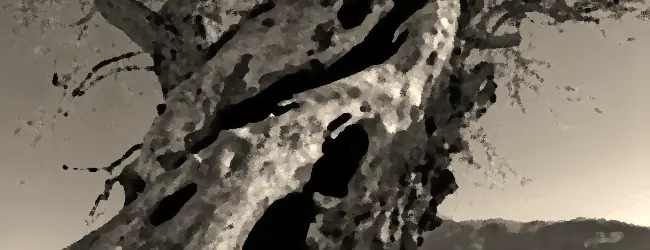
At the same time, he also realized that he had the wrong causality. He thought his poverty prevented his dream of visiting the outer world, but the real factor was his fear. He ran away from facing his fear. His poverty did not matter. He could try his dream, even from now.
That understanding allowed him to rewrite the law of causality in his mind.
He mastered the first wisdom of alchemy: rewriting the law of causality.
The second wisdom of alchemy
Then he realized that he wished for this storm, and that wish shaped this storm.
He wanted to visit the outside world. That shaped the meaning of the storm. Meaning gave birth to existence in his world.
He also understood that many people also gave meaning to this storm. Farmers hoped for rain to grow crops. Woodcutters wished for a rest to sharpen their axes. Brickmakers wished for mud that flowed from the mountains. They created the meaning of each storm in their world.
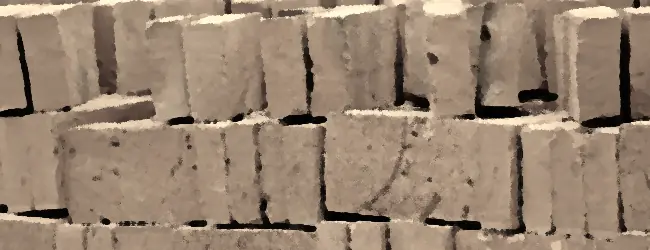
On the other hand, for those who do not feel meaning in it, it never exists in their world because they never perceive it.
That understanding provided him with the ability to change his outside world. Changing the meaning of his insides allowed him to perceive another shape of the world.
He mastered the second wisdom of alchemy: your inner mind shapes the outside world.
The final wisdom of alchemy
He noticed that the wind and rain had already stopped. He took off the wooden box on his head and stood up. It was already dawn. The sky was getting brighter. The storm had passed. The clouds were disappearing. The clear sky remained. The storm took away all the dust.
He noticed his inner voice. It wanted his grain.
He took one grain out of the small bag tied to his loincloth. That grain had poison, but his inner voice wanted it. His body was already worn out. He wanted to be alive.
“I trust in the god of life,” he said. Then he put it in his mouth, chewed it finely, and swallowed it.
Right after that, he realized he was filled with enough nutrition and the energy of life. That grain never harmed him. It saved him.

At last, he understood the will of the god of life. That made him realize the will of the gods.
He mastered the final wisdom of alchemy: trusting in the gods.
The sun rose. Sunlight shone on him.
He became an alchemist.
His visit to the people
After that, he went around visiting the sick people in his village.
First, he visited the most seriously ill person and gave the person his grain. After the person had it, the illness was immediately gone. The person delighted greatly and tried to provide him with the largest gold nugget in his village. However, he declined it and said, “That gold does not mean anything to me now. Could I get a cup of milk instead of it?” He had a cup of milk.
Then he visited the next most seriously ill person and gave the person his grain. The illness was immediately gone. The person tried to provide the best status in the village, but he declined. “That status does not mean anything to me now. Could I get a piece of bread instead of it?” He ate a piece of bread.
For the next ill person, he did the same. “That honor does not mean anything to me now. Could I get old clothes you do not wear instead of it?” He wore the clothes.
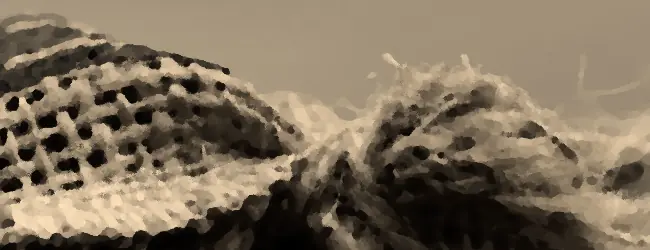
The amount of his grain was sufficient to cure all the sick people in his village. Every time he cured a person, he got something different from every person as a reward.
After visiting and curing all the ill people in his village, he finished preparing the minimum equipment. Then he left his village.
The outside village and a new life
The outside village was not paradise. None of the places were as peaceful as his village.
Surprisingly, all the people outside the village did not have the blessings of the god of life—not only the blessing for each person but also the wisdom of alchemy. There were many sad things, such as wars, starvation, disasters, and diseases.
However, he never wished to return to his village because he knew the will of the god of life. In addition, he knew that it was the best place he could live with fulfillment.
The outside world did not have enough salvation. He visited many places and shared with people not only his grains but also the wisdom of alchemy. He shared them in his way. That saved a lot of people.

On the other hand, he never gave his grain to healthy people because it was harmful. He understood that good medicines often worked as poison for healthy people.
The amount of his grain was always sufficient. “I will give you this grain. Share that with people and live well.” The god of life kept giving him blessings wherever he went.
People called it a miracle and worshiped him. On the other hand, it was usual for him. He kept adoring the god of life.
He understood why the god of life had given him poverty. That understanding taught him that everything that happened in his past had meaning.
He gave many people his salvation. The happiness of the people filled him all his life.
People called him the alchemist of the grain. People loved him for a long, long time.
Conclusion
That is the story. I like such a spiritual story.
Thank you for reading this article. I hope to see you at the next one.
